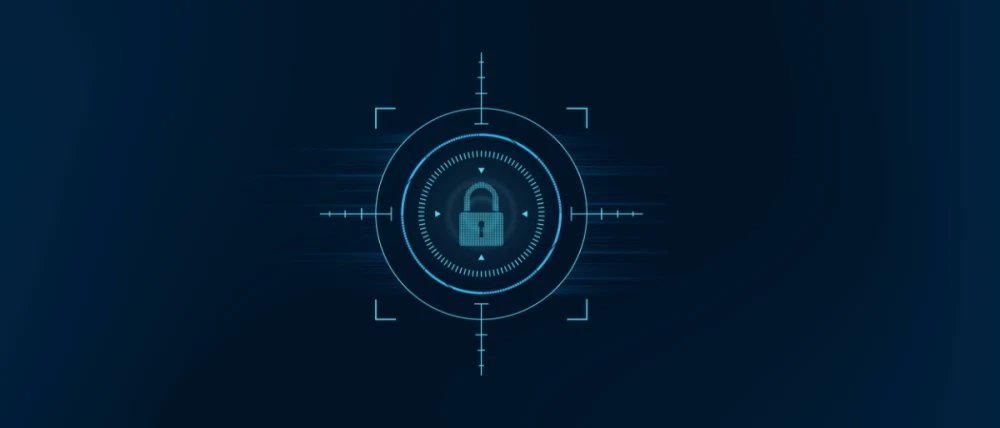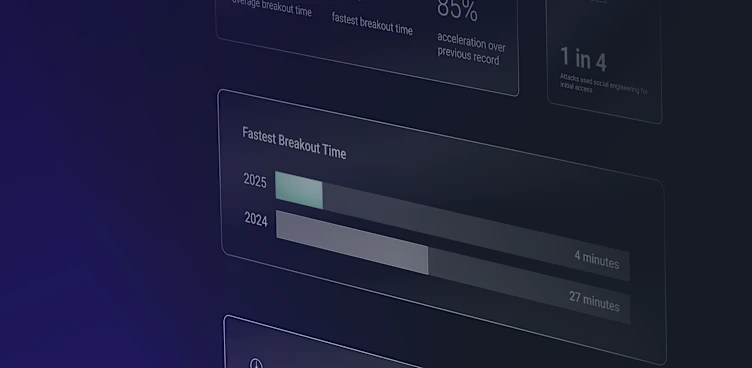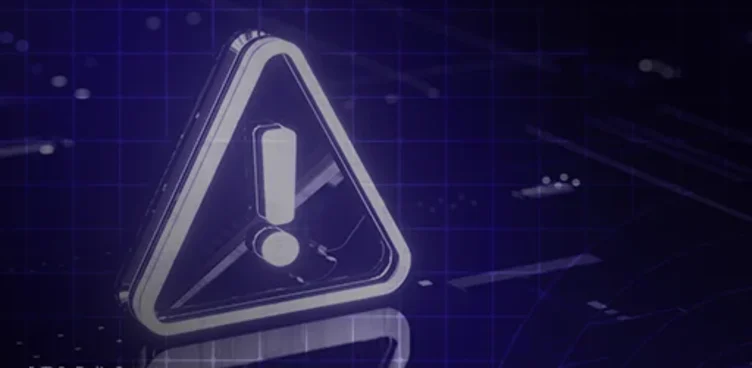Last updated April 1
What Happened?
On March 29, 2023, security researchers reported malicious activity originating from a legitimate, signed version of the 3CX Desktop Client. The activity included beaconing to threat-actor–controlled infrastructure, second-stage payload deployment, and, in some instances, hands-on-keyboard activity.
3CX is an international voice over IP (VoIP) IPBX software developer. The 3CX Phone System can be deployed on Windows, Linux, or MacOS systems; as mobile versions for Android or iOS; as a Chrome extension; or as a Progressive Web App (PWA) browser-based version of the client. 3CX customers can use the 3CX Desktop Client to make calls, schedule video conferences, or send messages.
The malicious activity has been attributed to the “Lazarus Group,” a North Korean nation-state threat group. The group is reportedly using the trojanized 3CX Desktop Client in an ongoing supply-chain attack campaign dubbed SmoothOperator. A SmoothOperator attack begins when a compromised version of the desktop client is downloaded from 3CX’s website, or when an update is pushed to an existing desktop application.
Next, the malware downloads icon files hosted on a dedicated GitHub repository; these files have Base64-encoded data appended at the end of the filename. The first icon within this repository was reportedly uploaded as early as December 7, 2022. The first-stage malware uses these Base64 encoded strings to download the second-stage payload—a previously unknown infostealer—onto compromised machines. The infostealer can harvest system information and exfiltrate data and stored credentials from several browsers, including Chrome, Microsoft Edge, and Mozilla Firefox.
3CX customers have allegedly reported that their security software flagged the 3CX Desktop Client as malicious after installing any of the following versions:
Windows version 18.12.407
Windows version 18.12.416
MacOS version 18.11.1213
The following Electron Mac App versions are also impacted:
18.11.1213
18.12.402
18.12.407
18.12.416
About Lazarus Group:
Lazarus Group has primarily targeted the United States and South Korea, focusing on the financial services, government, and technology sectors. The group uses custom malware, including remote-access trojans, keyloggers, downloaders, and destructive wipers.
The group pursues several objectives, including acquiring military and political intelligence, and causing disruption and destruction. The US Department of the Treasury’s Office of Foreign Assets Control sanctioned Lazarus Group in September 2019 for its “malicious cyber activity on critical infrastructure.”
What We Don’t Know
On March 30, 2023, at 01:27 a.m. ET, 3CX CEO Nick Galea confirmed on the company’s forum that 3CX was compromised via a breached upstream library. In the same forum post, Galea advised users to uninstall the 3CX Desktop Client, promising that a new version will allegedly be available in the “next few hours.” A further update has been provided by 3CX, but it does not specify how the attack started. There are no available patches or updates to correct the issue at this time.
Why You Should Care
The compromised application is now being actively used to target 3CX customers, although no victims have been publicly identified yet. 3CX has more than 600,000 customers globally, and more than 12 million users every day. The compromise of 3CXDesktopApp has the potential to escalate into a large-scale supply-chain attack. Previous supply-chain compromises have shown that such attacks cause significant and long-lasting operational disruptions and losses.
2020 SolarWinds Attack
In 2020, advanced persistent threat actors breached SolarWinds, a software provider for IT monitoring tools, inserting malicious code into the company’s product. The perpetrators gained initial access when SolarWinds’ customers unsuspectingly downloaded installation packages; the code created a backdoor through which the attackers exfiltrated sensitive information. Up to 18,000 of SolarWinds’ customers downloaded the trojanized software update, including US government agencies, Microsoft, and Cisco.
What You Should Do
Mitigation actions:
You should disable automatic updates for 3CXDesktopApp. More info on that here.
ReliaQuest customers should block the domains provided within the Threat Advisory issued within GreyMatter Intel.
3CX strongly recommends that customers use the PWA client in the interim, while the company works on an update to the desktop client.
Conduct retrospective hunts using current IOCs. The timeline on how far back to go will likely be determined from further information provided by 3CX, on the known incident timeline.
Contact key suppliers and ask them if they use the software, determine their level of risk posed by this incident, and what their plan is going forward.
Uninstall the 3CX Electron Desktop Application from all Windows or Mac OS computers. Further information can be found here.
Lazarus Group is known to target Financial Services, blockchain companies, and government defense entities, so organizations in these areas need to act with a sense of urgency in responding to this intrusion.
What ReliaQuest Is Doing for Customers
Our Threat Research Team is monitoring the situation closely and has issued an initial Threat Advisory for customers. This contains further information about the event, including relevant indicators of compromise. We will update this as the situation develops.
We have collected the C2 domains observed in this attack and uploaded them to our Emergency Thread feeds, to ensure that any customer environments observed making C2 communications will trigger an alert.
The ReliaQuest Threat Hunting team have developed a hunt package, with hunt operations started on client networks whose business verticals align with typical Lazarus Group activity. We however request any customers who have 3CX software in your environment to get in touch with ReliaQuest to identify how we can help.
Curious to see what will happen next? ReliaQuest uses threat intelligence to support security operations, now with the added benefit of Digital Risk Protection. Click here for more details about ReliaQuest threat intel. To see how we’re harnessing threat intel to monitor the developments of the 3CX compromise and SmoothOperator, request a demo here.






